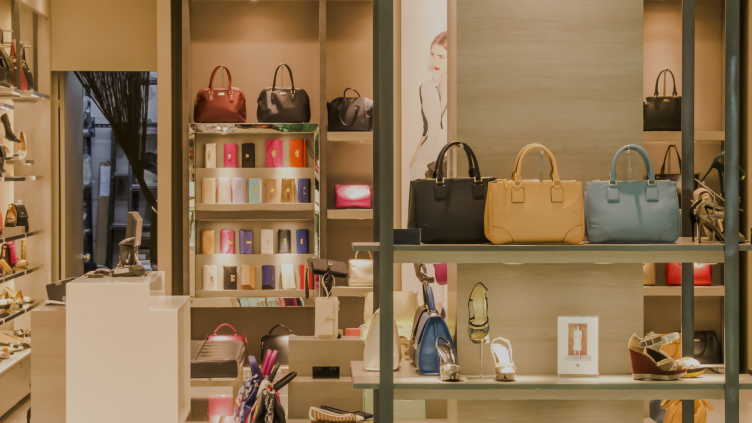
Luxury fashion—it’s more than just clothing and accessories. It’s an irresistible force that beckons us, bewitching our senses and stirring our emotions. Its influence on our purchasing decisions runs deep, driven by the mysterious interplay between luxury fashion and the human psyche.
Luxury fashion has a strong psychological impact on how people behave. One important aspect is the association with prestige and status. When someone owns a luxury item, it shows that they have good taste and suggests they are wealthy, successful, and accomplished. The allure of luxury fashion goes beyond the actual product; it’s about the exclusivity and reputation of the brand. Feeling affluent and socially respected can greatly influence how people shop for luxury fashion.
But luxury fashion is not just about materialistic desires; it also taps into our emotions. It appeals to our aspirations by presenting an idealized lifestyle that we want to be a part of. The ads and stories behind luxury brands create a connection with consumers who yearn to embody that image. Luxury fashion becomes a way for individuals to feel connected to a glamorous and sophisticated world.
Additionally, luxury fashion plays a significant role in self-expression and shaping our identity. The clothes we wear reflect our personalities and communicate our values and aspirations. This high-end fashion offers a wide range of styles, allowing people to create their unique image and show the world who they want to be. Buying and wearing luxury fashion becomes a way to express ourselves and feel a sense of belonging to a particular aesthetic or lifestyle. This also triggers emotions like happiness, confidence, and empowerment. The exceptional craftsmanship, attention to detail, and high quality associated with luxury fashion provide a heightened sense of pleasure and satisfaction. Owning and wearing luxury fashion items can create a strong emotional bond, boosting our self-esteem and overall well-being.
In conclusion, luxury fashion has a deep psychological impact on how people behave as consumers. It satisfies our desires for prestige, status, aspiration, self-expression, and emotional gratification. Understanding these psychological factors helps fashion brands and marketers build meaningful connections with consumers and meet their needs and desires. Ultimately, luxury fashion goes beyond material possessions; it reflects our innermost desires and allows us to express our identities in a world of luxury and elegance.

